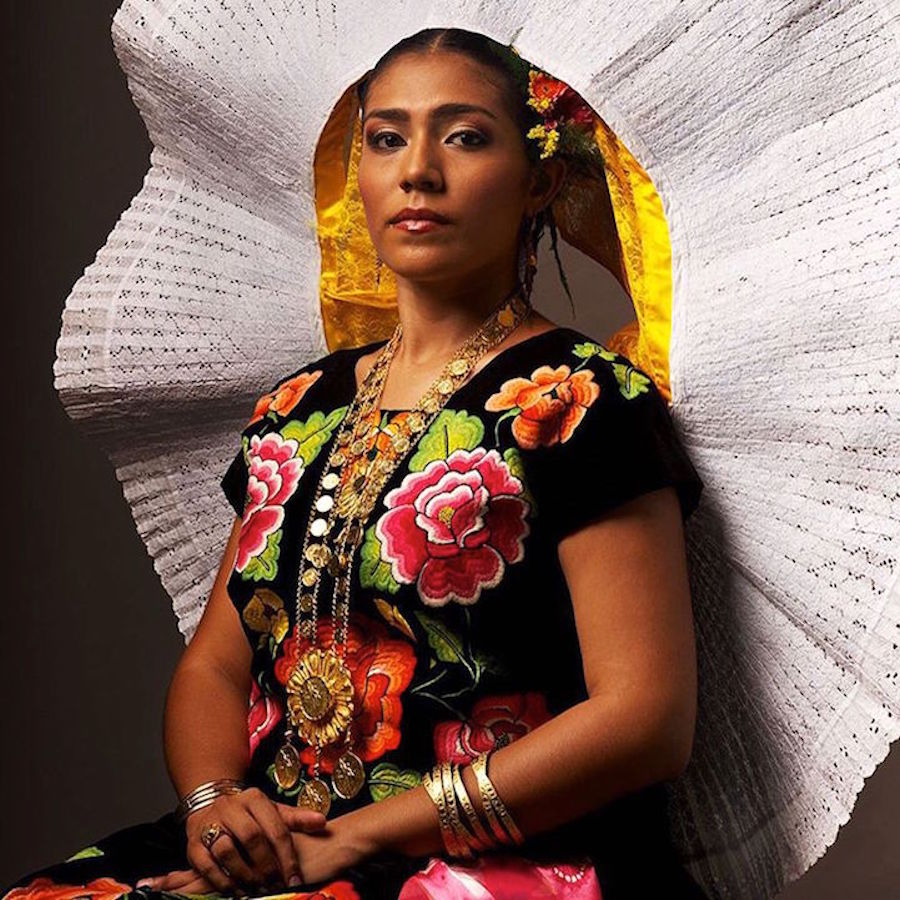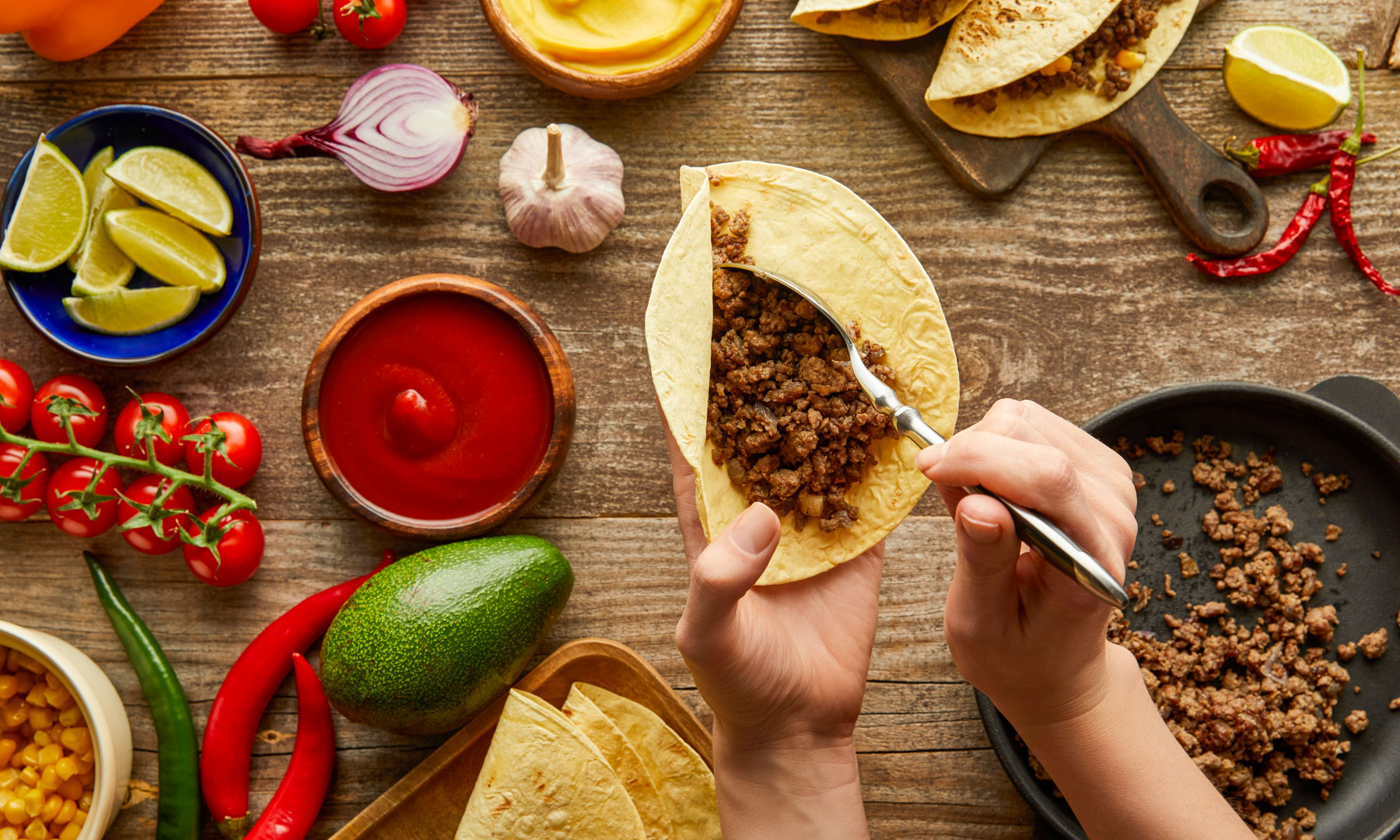Honoring The Mexican Old Man: A Look At Culture, Wisdom, And Food
Detail Author:
- Name : Antwan Osinski MD
- Username : sheldon69
- Email : edgardo.harris@yahoo.com
- Birthdate : 1989-04-10
- Address : 5387 Bechtelar Pass Apt. 496 Port Kenfurt, NV 91884
- Phone : +1.325.272.6816
- Company : Beer Group
- Job : Precision Dyer
- Bio : Sit et excepturi aperiam enim. Commodi ea mollitia voluptatem qui esse veritatis quo ut.
Socials
instagram:
- url : https://instagram.com/janickcollins
- username : janickcollins
- bio : Totam ut omnis quaerat fuga eius qui. Non earum labore deleniti.
- followers : 4614
- following : 1377
twitter:
- url : https://twitter.com/janick4348
- username : janick4348
- bio : Dolorum accusantium quia et adipisci et dolore. Aliquam vel corrupti eaque quas ut. Sunt occaecati id labore non quos qui quia.
- followers : 1598
- following : 1102
When we think about Mexico, so many wonderful images come to mind. We might picture vibrant colors, lively music, or perhaps the delicious smells of cooking wafting through the air. But there is another image, just as important, that truly captures the spirit of this amazing country: the Mexican old man. He is a figure often seen in communities, whether in busy cities or quiet rural spots, holding a special place. He represents a deep connection to history and a way of life that has changed, yet still holds onto its roots.
These respected individuals, often called "abuelos" or "don," carry a wealth of experiences and stories. They are, in a way, living libraries of Mexican culture, which has undergone quite a transformation over time, as we know. Their lives often reflect the varied origins of the Mexican people, whose main language is Spanish, but who also speak many other tongues. They show us how traditions stay strong, even as things around them shift, which is really something to think about.
Exploring the life and role of a Mexican old man offers a genuine look into the heart of a society known for its rich history and warm, homey ways. It is about more than just age; it is about the wisdom shared, the customs upheld, and the comfort found in everyday moments. So, let us take a moment to appreciate these figures who are, truly, a vital part of the Mexican story, and see what we can learn from their enduring presence.
Table of Contents
- The Heart of Mexican Culture: A Mexican Old Man's Place
- Food and Family: A Timeless Connection
- Passing on Traditions: The Role of Elders
- Life in Rural and Urban Mexico
- Frequently Asked Questions About Mexican Elders
- Embracing the Legacy
The Heart of Mexican Culture: A Mexican Old Man's Place
The Mexican old man often stands as a symbol of cultural endurance. His presence, whether quiet or lively, suggests a deep connection to the country's past and its ongoing story. You know, Mexican culture, as we learn, has seen big changes in its recent history, impacting different regions in various ways. Yet, these older men often represent the thread that ties the present to what came before, a living link to the customs and ways of seeing the world that make Mexico so special.
They are, in a way, the keepers of stories, of songs, and of the unique spirit that defines Mexican identity. Their lives reflect the varied origins of the Mexican people, who are citizens and nationals of the United Mexican States. Many of these older men have witnessed tremendous transformations, from shifts in how people live to the growth of cities. Still, they often hold onto practices and beliefs that have been cherished for generations, providing a sense of stability.
For example, in many communities, the respect shown to an older man is quite clear. His advice is often sought, his experiences valued, and his presence brings a certain calm. This reverence for elders is a strong part of the social fabric, showing a deep appreciation for wisdom gained over a lifetime. It is a way of honoring the path that has been walked, and the lessons learned along the way, which is, truly, a beautiful thing to see.
Food and Family: A Timeless Connection
Food is, without question, a huge part of Mexican culture, and the Mexican old man often plays a central role in its traditions. We know Mexican food varies by region, but the dishes all lean comforting and homey. It is not just about eating; it is about gathering, sharing, and passing on recipes that have been in families for ages. You can just imagine an older man, perhaps in a rural setting, sharing stories while the smells of a family meal fill the air, a rather common scene.
Consider chilaquiles, for instance, which is definitely the most popular breakfast food in the country. An older man might have memories of this dish being prepared by his mother or grandmother, perhaps even teaching younger family members how to make it just right. These recipes are more than just instructions; they carry memories, love, and a piece of family history. They are a tangible link to the past, really.
Mexican food is so widely known, it has become part of the standard diet in countries all over the world. But for the Mexican old man, it is often a connection to his roots, to his community, and to the women in his life who taught him about flavor and nourishment. Whether it is cooking up traditional bites from breakfast to dinner, or simply enjoying a meal with loved ones, food remains a powerful bond. It is, basically, a cornerstone of daily life and family togetherness.
Passing on Traditions: The Role of Elders
The Mexican old man often serves as a vital link in the chain of cultural transmission. He is, quite often, the one who shares stories of the past, teaches traditional crafts, or explains the meaning behind age-old customs. Many Mexicans live in cities, but smaller rural communities also exist, and in both settings, the role of elders in preserving heritage is clear. They help foster an appreciation of Mexican people and their way of seeing the world.
For example, an older man might teach a grandchild how to play a traditional instrument, or how to work the land in a certain way. He might share tales of his own youth, perhaps about life in Mexico, the country of southern North America, or how things were during times of great change. These informal lessons are incredibly important, as they ensure that knowledge and skills are not lost, which is, actually, pretty amazing.
This passing down of traditions is not just about facts or skills; it is about values, about community spirit, and about understanding one's place in the world. It helps shape the country's culinary culture, for instance, as experts highlight eight regional Mexican cuisines. The wisdom shared by a Mexican old man helps younger generations understand their history, from the varied origins of their people to the stories behind objects collected in places like the National Museum of American History. It is, in some respects, a continuous flow of knowledge and identity.
Life in Rural and Urban Mexico
The daily life of a Mexican old man can look quite different depending on where he lives. Many Mexicans live in cities, which are bustling and full of activity, offering different experiences. Yet, smaller rural areas also exist, where life might move at a slower pace, and community ties are often very close. This contrast shows the diverse experiences within Mexico, a country that is, after Brazil and Argentina, the third largest in Latin America.
In a rural setting, an older man might still be involved in farming, perhaps tending to a small plot of land or caring for animals. His days might involve waking early, working with his hands, and spending time with neighbors. There is often a strong sense of collective support, where everyone knows each other and helps out. This kind of life, arguably, connects him deeply to the land and its rhythms.
For those in cities, the routine might involve more time with family in a home setting, or perhaps visiting local markets and parks. They might be involved in community groups, or simply enjoy watching the world go by from a quiet spot. Even in urban areas, the respect for elders remains, and their homes often become gathering places for family. Mexican society is, too, characterized by extremes of wealth, which means experiences can vary greatly, but the core value of family and respect for elders often remains.
Frequently Asked Questions About Mexican Elders
How do Mexican elders typically contribute to their families?
Mexican elders, including the Mexican old man, often contribute by sharing wisdom, offering guidance, and helping with childcare. They also, quite often, serve as a source of cultural knowledge, passing down stories, traditions, and recipes. Their presence provides stability and a strong sense of family identity, which is, basically, very important.
What role does food play in the lives of older Mexicans?
Food is a very central part of life for older Mexicans. It is not just about eating; it is about bringing families together, celebrating special occasions, and preserving culinary heritage. Many older men have memories of traditional dishes, like chilaquiles, and they might teach younger generations how to prepare these comforting, homey meals. It is, in a way, a delicious link to their past.
Are Mexican traditions changing for older generations?
Mexican culture has undergone a tremendous transformation, affecting all generations, including older ones. While many core traditions remain strong, there are also varying impacts in different regions. Older Mexicans often adapt to new ways while still holding onto cherished customs, helping to keep the cultural fabric rich and varied. It is, you know, a balance of old and new.
Embracing the Legacy
The Mexican old man, whether in a bustling city or a peaceful rural setting, embodies a profound sense of heritage and enduring wisdom. He is a testament to the strength of family bonds and the power of cultural traditions that continue to shape the lives of millions. His stories, his knowledge of traditional Mexican food, and his quiet presence remind us of the deep history that underpins the United Mexican States. You can learn more about Mexican culture from history, cuisine, traditions, and art to foster an appreciation of Mexican people and their way of seeing the world, which is, honestly, a very good idea.
These individuals are not just figures of the past; they are living connections to the very soul of Mexico. They represent the diverse origins of its people and the rich tapestry of experiences that have formed this nation. Understanding their place helps us appreciate the broader picture of Mexican society, which is characterized by extremes of wealth, yet bound by common threads of community and respect. You can also learn more about culture on our site, and we have more information about regional Mexican cuisines right here.
So, the next time you think of Mexico, perhaps let your mind drift to the image of a Mexican old man. Consider the wealth of knowledge he carries, the warmth he shares, and the traditions he helps keep alive. It is, after all, a truly meaningful way to connect with the heart of this incredible country and its people, a really special thing to do.


